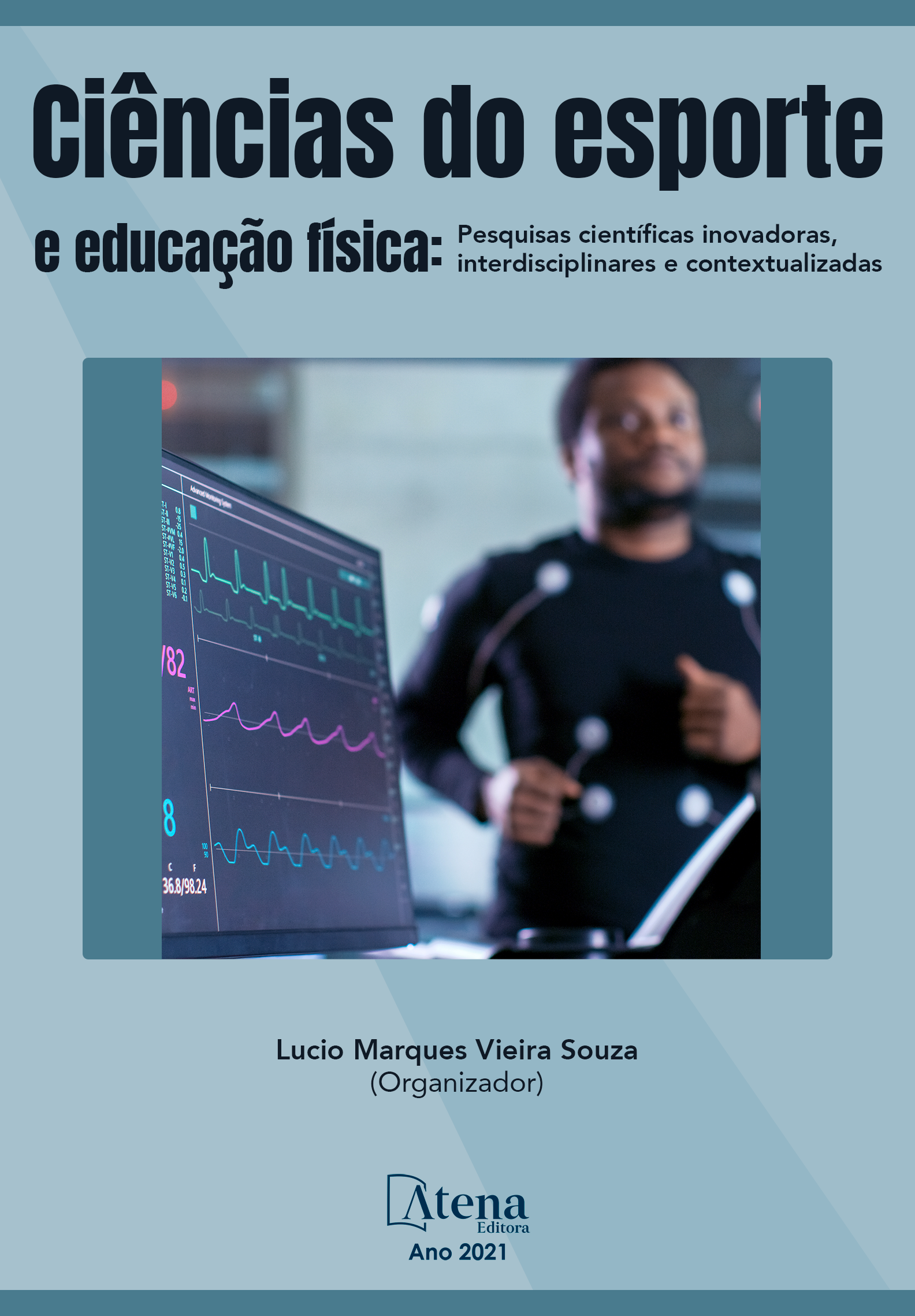
O BRINCAR E O LÚDICO NO DESENVOLVIMENTO DE CRIANÇAS COM TRANSTORNO DO ESPECTRO AUTISTA – TEA
O presente estudo se apresenta com a proposta de refletir sobre o brincar e o lúdico no contexto das crianças com Transtorno do Espectro Autista (TEA), assumindo um papel essencial no desenvolvimento físico, cognitivo e social. As atividades lúdicas dentro do brincar contribuem de forma singular no atendimento das possíveis demandas e intervenções impostas pelos profissionais atuantes com esse público, podendo ser um importante instrumento para obtermos informações e direcionamento do espectro a partir do seu diagnóstico. Portanto, este trabalho tem como objetivo obter algumas reflexões acerca do brincar e o lúdico como ferramenta de intervenção, promoção e aprendizagem das crianças com autismo. Desta forma, a partir dos levantamentos bibliográficos concluímos que, as brincadeiras e as atividades lúdicas possibilitam uma série de benefícios para as crianças com TEA, tais como: interação com seus pares; autonomia; protagonismo; afetividade e aprendizagem, o que possivelmente irá gerar um ganho significativo para a qualidade de vida.
O BRINCAR E O LÚDICO NO DESENVOLVIMENTO DE CRIANÇAS COM TRANSTORNO DO ESPECTRO AUTISTA – TEA
-
DOI: 10.22533/at.ed.8772128094
-
Palavras-chave: Autismo. Brincar. Lúdico. Crianças.
-
Keywords: Autism. Playing. Ludic activities. Children.
-
Abstract:
This article intends to provide a reflection on playing and ludic activities regarding children with autistic spectrum disorder (ASD), aiming to discuss its essential role in physical, cognitive and social development. Ludic activities within playing contribute in a unique way to assisting the possible demands and interventions required of professionals working with this audience. It may represent an important instrument when obtaining information and targeting the spectrum based on its diagnostic. Therefore, this article aims to gather reflections on playing and ludic activities as a tool of intervention, promotion and learning for children with ASD. The analysis of bibliographic surveys allowed the researchers to conclude that the act of playing and ludic activities enable many benefits to children with ASD, such as: interaction with their peers; autonomy; protagonism; affectivity and learning. Thus, presumably the children’s quality of life is going to increase significantly.
-
Número de páginas: 13
- Aline Cviatkovski
- Emanueli Mendes dos Santos
- Jackson Gerson da Silva


